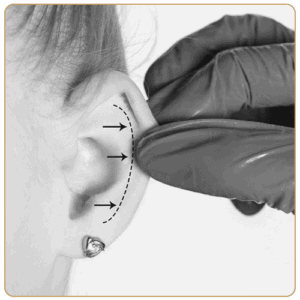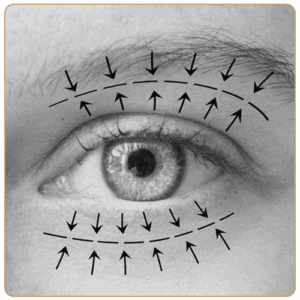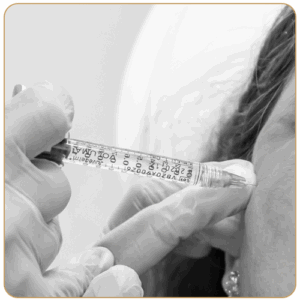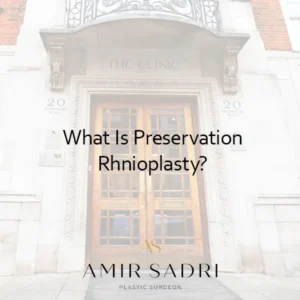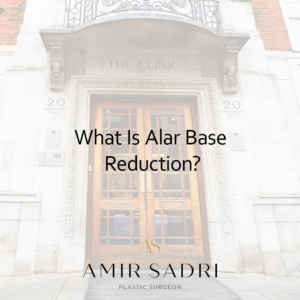A deviated septum occurs when the thin wall of cartilage and bone separating the nostrils is misaligned or displaced to one side, potentially leading to nasal obstruction and breathing difficulties. While many with a mild deviation may not experience symptoms, severe cases can cause chronic discomfort, snoring, sinus infections, and even sleep apnea. For those facing these challenges, deviated septum treatment surgery, medically known as septoplasty, can offer significant relief and improve overall quality of life.
What is Septoplasty?
Septoplasty is the surgical procedure performed to correct a deviated septum. It aims to straighten the nasal septum, allowing for better airflow and resolving issues caused by the deviation. The procedure is typically performed by an ear, nose, and throat (ENT) specialist under local or general anesthesia. During the surgery, the surgeon repositions, trims, or removes parts of the septal cartilage and bone to create a symmetrical alignment. Most septoplasty surgeries are outpatient procedures, meaning patients can go home the same day after recovery.
What to Expect from the Procedure?
Before surgery, the patient will undergo a detailed evaluation where the ENT specialist will review symptoms, take imaging tests, and discuss overall expectations. During the procedure, small incisions are typically made inside the nostrils to access the septum, minimizing external scars. Once the septum is corrected, the surgeon may use stitches or splints to stabilize it as it heals.
Post-surgery recovery generally involves mild discomfort, swelling, and nasal congestion for a few days. Doctors usually recommend avoiding strenuous activities for a week or two to allow proper healing. Follow-up appointments are essential to ensure the septum heals correctly and airways remain unobstructed.
Benefits of Deviated Septum Surgery
The benefits of septoplasty include improved nasal breathing, reduced sinus infections, better sleep quality, and relief from nasal congestion. Patients often notice significant lifestyle improvements post-surgery, as they can engage in daily activities without the persistent challenges caused by the deviated septum.
Is it Right for You?
While septoplasty is highly effective, it’s important to discuss the potential risks and benefits with an ENT specialist to decide if the procedure is right for you. Factors such as the severity of symptoms, medical history, and overall health will contribute to the decision.
For individuals struggling with breathing issues caused by a deviated septum, treatment surgery can be a life-changing solution, paving the way for greater comfort and well-being.



